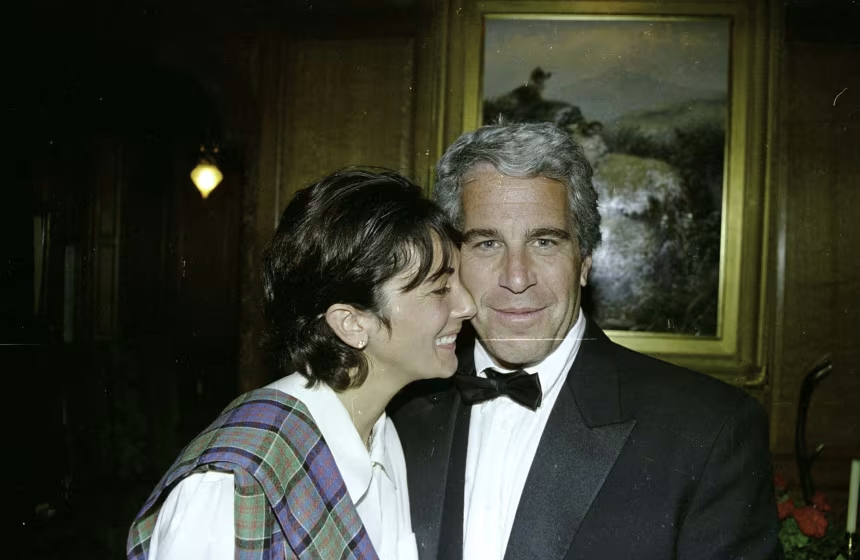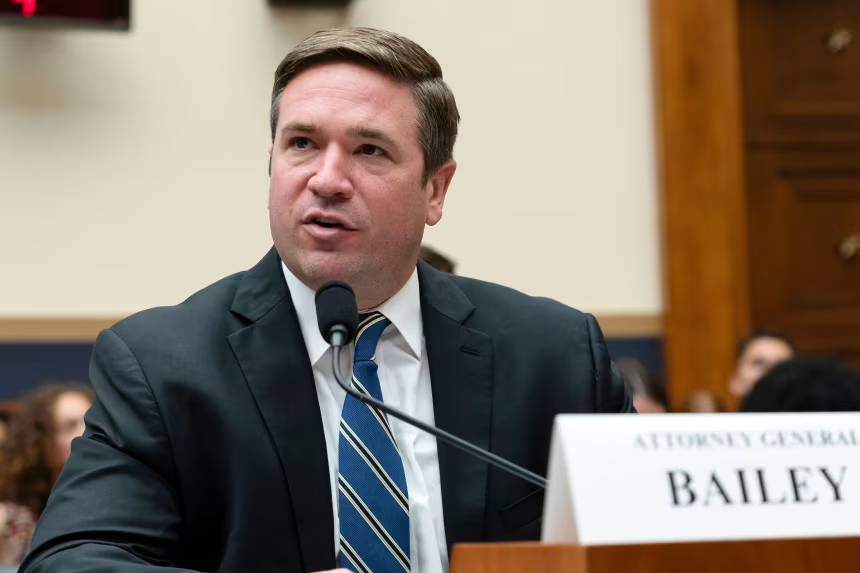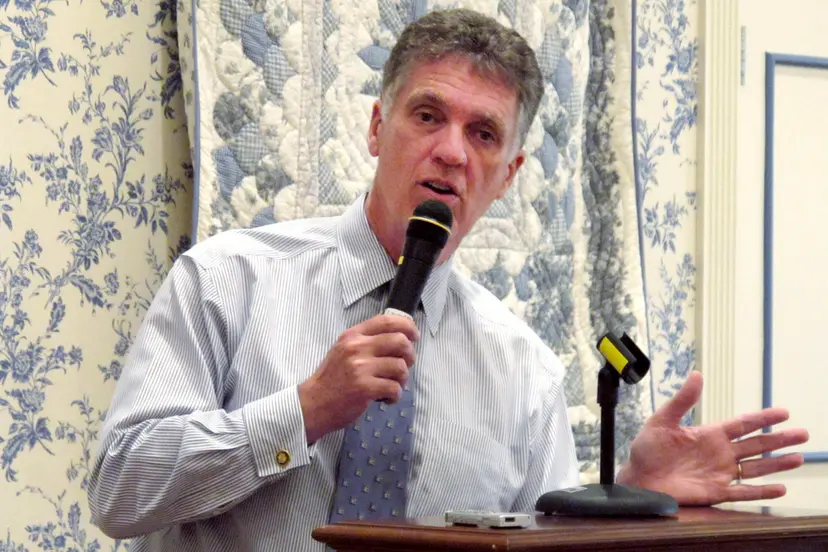The White House Withdrew Dave Weldon’s Nomination to Lead the CDC. Here’s What to Know
President Donald Trump’s nominee to head the U.S. Centers for Disease Control and Prevention (CDC), former Republican Congressman Dr. Dave Weldon, was set to face questioning by Senators on March 13. But on the morning of the hearing, the White House withdrew Weldon’s nomination, according to Axios, which first reported the news.
Weldon was due to appear before the U.S. Senate Committee on Health, Education, Labor & Pensions, and members were expected to question him on topics including his past statements expressing vaccine skepticism. In an interview, Weldon told the New York Times that he just learned about the withdrawal of his nomination the night before; a White House official told him he didn’t have the votes to be confirmed for the role.
“It is a shock, but, you know, in some ways, it’s relief,” he told the Times. “Government jobs demand a lot of you, and if God doesn’t want me in it, I’m fine with that.”
Here’s what to know about Weldon.
Dave Weldon is a physician, veteran, and former Congressman
Weldon, 71, served in the Army, and currently operates a private medical practice in Florida. From 1995 to 2009, he served in Congress, representing Florida. Since then, he’s largely been out of the political spotlight, though he’s run campaigns—he lost the GOP Primary for a seat in the U.S. Senate in 2012, as well as the GOP Primary for a seat in the Florida House of Representatives in 2024.
He was the president of the Alliance of Health Care Sharing Ministries
From 2017 to 2020, Weldon was the president of the Alliance of Health Care Sharing Ministries, an association of faith-based organizations that claim to offer alternatives to health insurance. The organizations have sparked controversy and criticism from state regulators, who have expressed concern that the groups’ marketing strategies have led to confusion among consumers over whether the ministries would fund medical claims.
When asked about this controversy by the Times in November, Weldon said that during the time he was president of the alliance he “strongly encouraged all the ministries to get together and form an accreditation system, and I think they did,” but since he left, “I don’t know how rigorous it really was.”
He has repeated the debunked claim that there’s a link between vaccines and autism
In the past, Weldon shared similar views on vaccination to Robert F. Kennedy Jr., the U.S. Secretary of Health and Human Services (HHS). Despite years of research proving the safety and efficacy of vaccines, Weldon has previously repeated the debunked claim that some children could develop autism if they receive the measles vaccine.
Dr. Peter Hotez—professor of pediatrics and molecular virology at Baylor College of Medicine and co-director of the Texas Children’s Hospital Center for Vaccine Development—has never worked with Weldon, but says the false claim that vaccines can cause autism “makes no sense.”
“We have overwhelming evidence that vaccines don’t cause autism,” Hotez says. “Anyone who wants to reopen spurious autism and vaccine links, you have to believe either they’re misinformed or they have an agenda outside of public health.”
Hotez says that many of Weldon’s comments were made years ago, and he hopes that Weldon has since learned more about the topic and changed his views. In November, when the Times spoke to Weldon, they asked him about his past comments, but Weldon declined to state whether he still believed that there is a link between vaccines and autism. He told the Times that his two adult children have been vaccinated, and that he gives vaccines, including the flu shot, to his adult patients.
“I’ve been described as anti-vaccine,” he told the Times, adding, “I give shots. I believe in vaccination.”
While serving in Congress, Weldon sponsored a bill that passed with bipartisan support in 2003. The bill launched a program, known as the President’s Emergency Plan for AIDS Relief (PEPFAR), that allocated $15 billion for HIV, tuberculosis, and malaria prevention and treatment programs in low-income countries. In the more than two decades since, PEPFAR has saved up to 25 million lives, officials estimate.
Hotez says “there’s clearly a disconnect” between Weldon’s support for PEPFAR and his previous anti-vaccine statements.
”But again, those [anti-vaccine theories] were statements he made almost 20 years ago, so what we need to find out is, where does he stand today and what are his views? So the [nomination hearing] will be very instructive in finding that out,” Hotez said (before the hearing was canceled).
Read More: What to Know About Marty Makary, Trump’s Pick to Lead the FDA
He has criticized federal health agencies
Like some of Trump’s other nominees to lead the nation’s health agencies, such as Dr. Marty Makary, who has been nominated to lead the U.S. Food and Drug Administration, Weldon has been a vocal critic of health agencies in the past. In April 2007, he said that federal agencies “failed to free themselves from conflicts of interest that serve to undermine public confidence in the safety of vaccines.” He accused the federal government at the time of dedicating “far more resources to promoting the immunizations than in safety evaluations,” and claimed that the CDC focused its vaccine safety resources on considering short-term side effects, and not enough focus was given to long-term side effects. He also proposed that the vaccine safety office be moved out of the CDC and operate instead as a separate office within HHS.
Hotez says he was critical of Weldon’s comments back in 2007. “There’s no one that’s more qualified to assess vaccine safety once a vaccine is licensed than the CDC,” Hotez says, adding that the CDC has multiple systems in place to monitor both the short and long-term side effects of vaccines.
Trending News




Get In Touch
245 Madison Avenue, New York, NY 10016, USA
+1 337 208-0851
support@bissnews.online
Popular News
About BissNews
BissNews is your trusted source for the latest breaking news, business updates, and in-depth analysis across the globe. Our mission is to deliver accurate, timely, and engaging stories that keep you informed.
© 2025 BissNews. All Rights Reserved.


